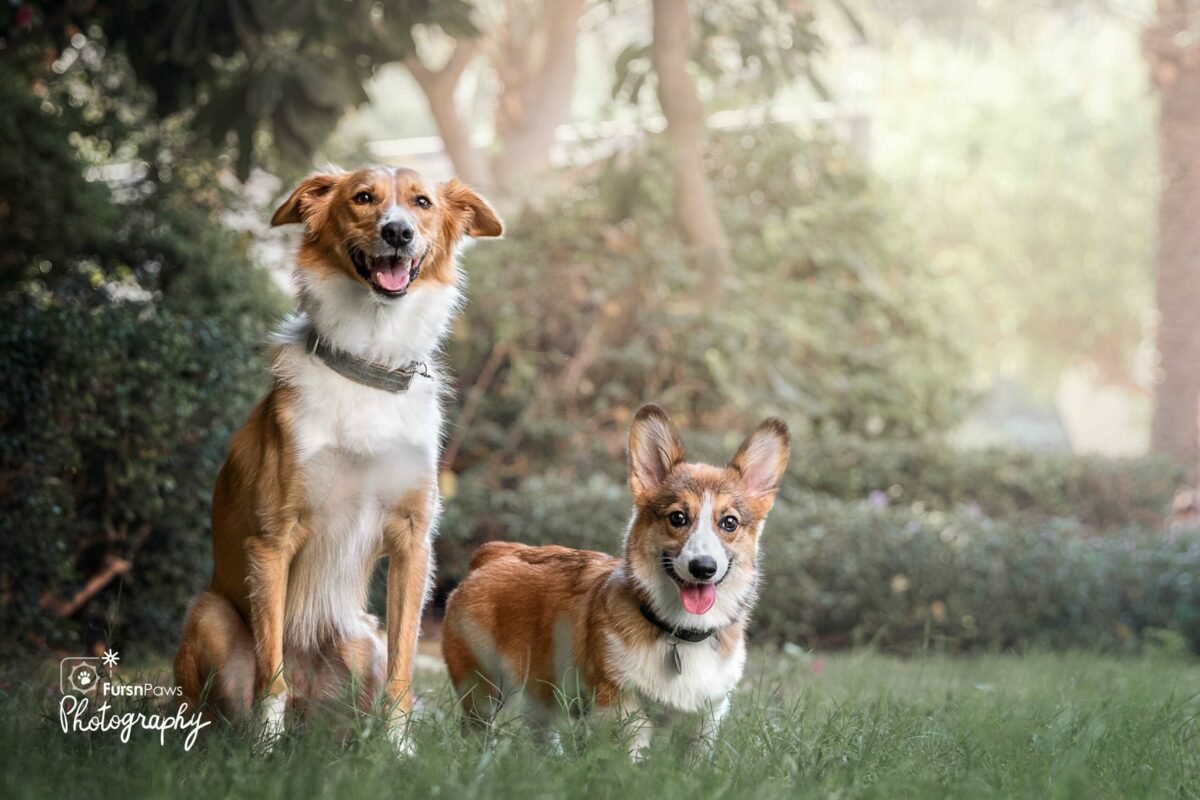Our Pet Services in Dubai
We love to provide excellent services to our customers
Check our Dubai pet services page to know more
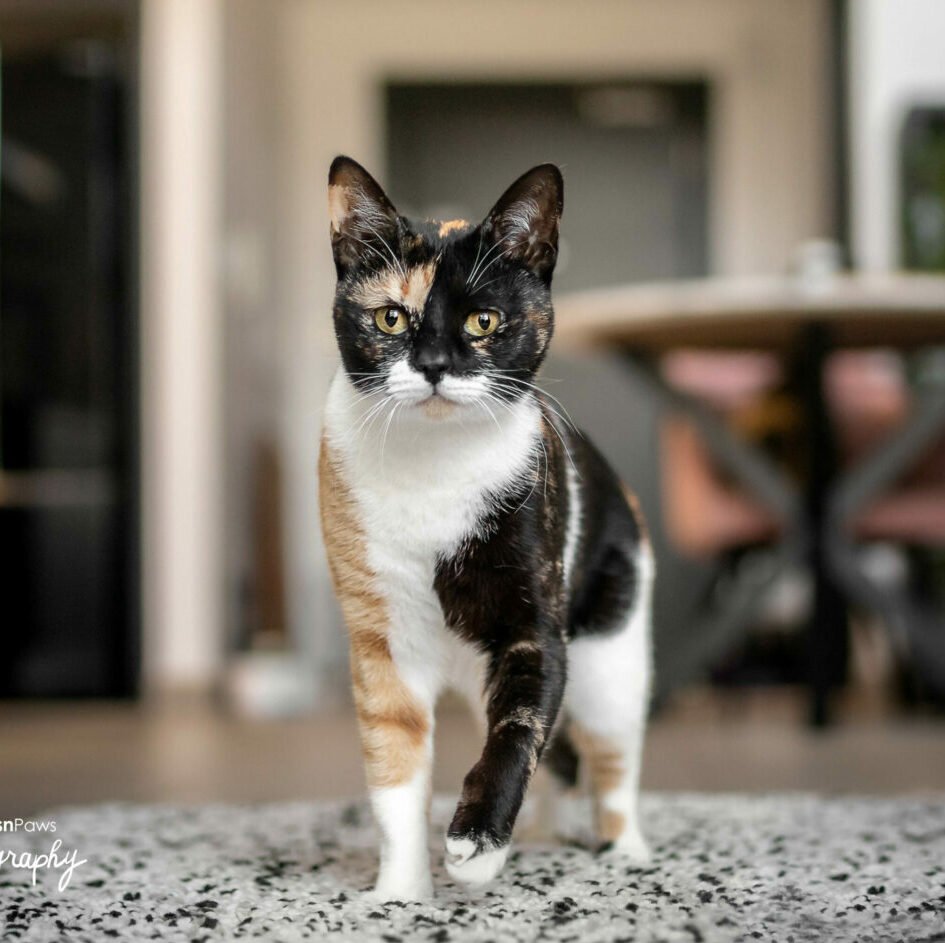
Pet sitting at your home is a great replacement for boarding or daycare, specially if your pet is an elderly, a puppy, or a cat. Some dogs also don’t do well in boarding as it might be stressful for them, this can be replaced with long hours of pet sitting including walking and playing to make sure your dog stays healthy and active. Contact me and I will provide the care that your furbaby deserves.
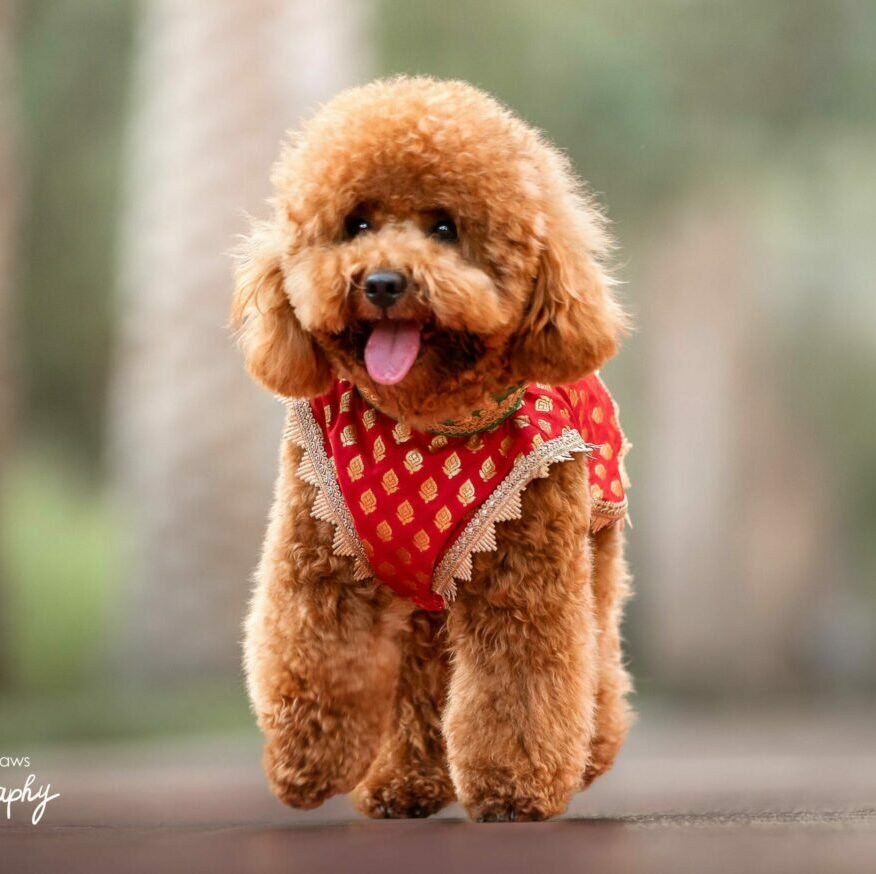
Dog walking has so many mental and emotional benefits, it can prevent destructive behavior and boredom. Working for long hours, won’t allow you to give your furbaby more than 1 or 2 walks per day, some dog breeds and certain ages need more than that, so don’t hesitate to contact me! I will provide the healthy walks that your dog deserves, while keeping you updated.
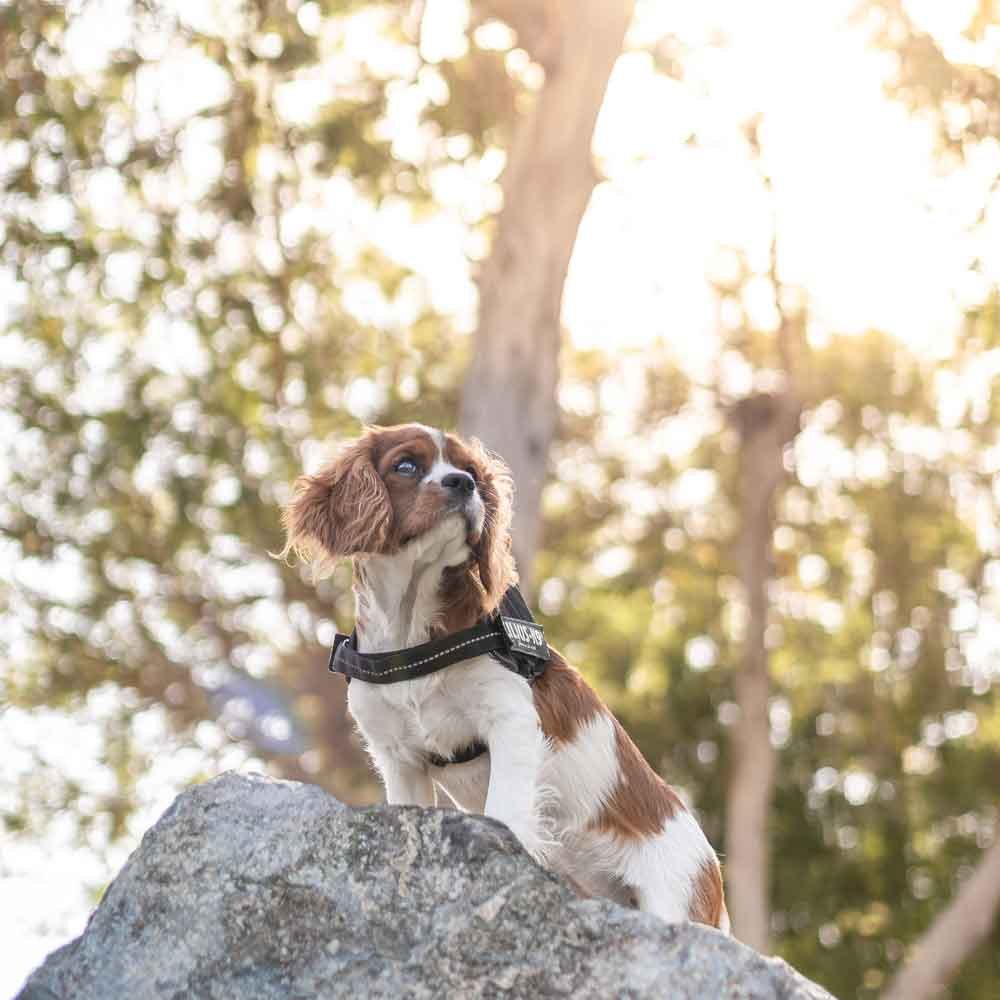
Your pet is one of the family and I make sure to take beautiful and memorable photos of them. Framing and adding that great photo of your pet to your family album is now possible, whether you are looking for pet photography in Dubai or to have a family and pet photoshoot I am here to make both happen.
Check out my photography portfolio and contact me if you like my style.
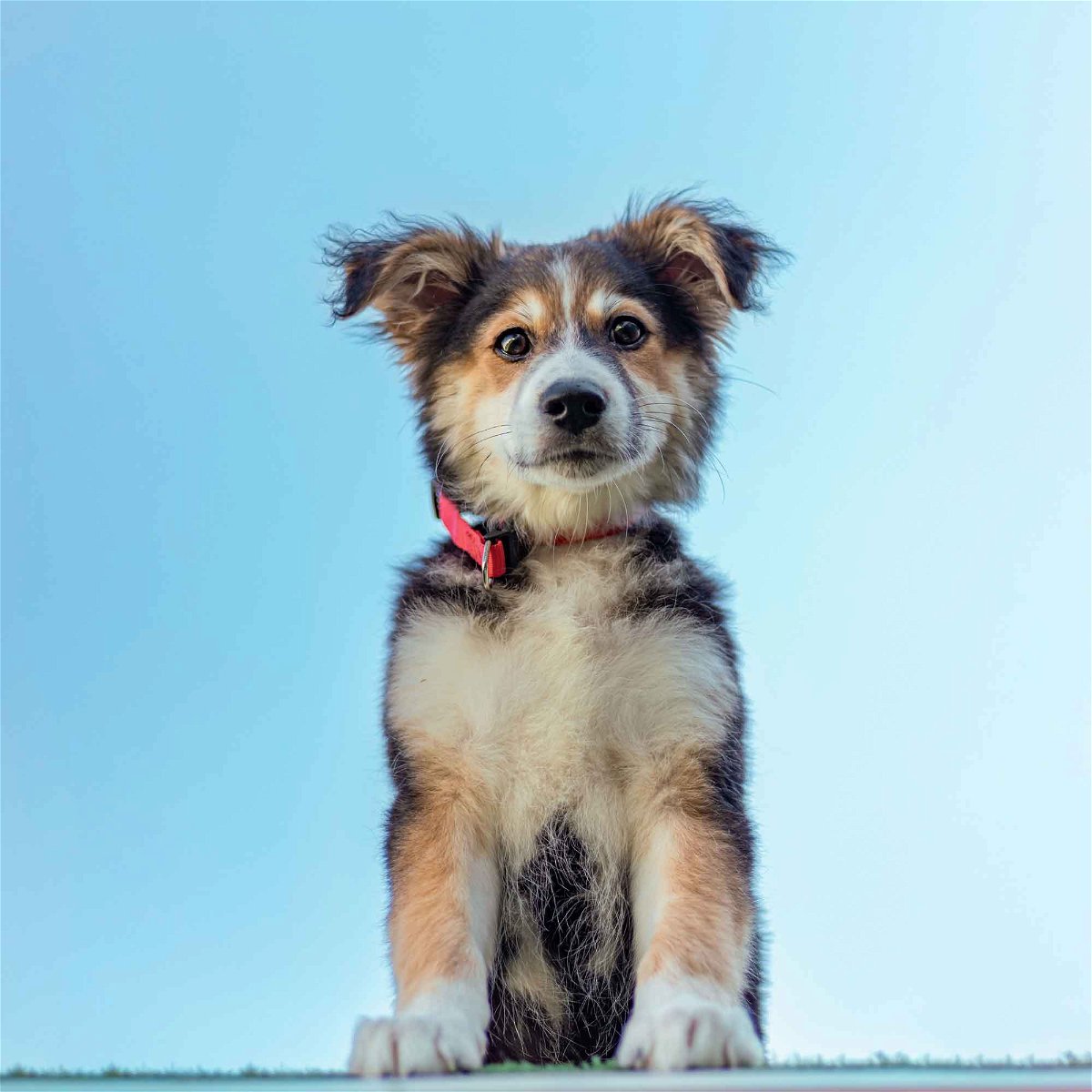
This service works best when you are going away for a few nights and don’t want your dog to sleep alone. Your dog’s routine will stay the same sleeping at his own bed while someone sleepovers at your home.
A mid-day visit with this service works best, during the visit your dog will get to have his walk, playtime and won’t be alone for a long time until the sleepover time starts.
Pet Photography
As a dog photographer in Dubai, I offer unique family and pet photoshoots with affordable packages. Check out my portfolio for a glimpse of my work, which features all images on this site, excluding the blog.
About Furs’n’Paws
Laura founded Furs’n’Paws Dubai out of her love for animals. She is dedicated to providing exceptional care to pets. Alongside a team of skilled pet sitters and dog walkers, Laura ensures that pets receive the attention they need and deserve. Her commitment to excellence and love for animals makes Furs’n’Paws the go-to destination for professional pet sitting and dog walking services in Dubai.
Quality & Reliable
Pet Services in Dubai
Lets make this happen!
Here’s what my clients say: (you can see more on my facebook page )
Laura was wonderful taking care of our Saluki, Bunnie and our two cats, Margo and Todd. She came into our apartment multiple times daily, made sure there was clean food and water, she cleaned the litter box and she walked Bunnie. All of our pets get excited to see her and her caring attention helped ease the anxiety of having us away. Laura sent us pictures and videos every visit and notified us of any issues. We have already scheduled her for a our next away trip and recommend her to you.
Doug
I booked a pawrent+pet photoshoot session with Laura and the photos turn out to be amazing! We had so much fun during the shoot. Laura knows how to get my dog, Foxxy’s attention and she’s captured amazing photos of her! She’s got great attention to detail and has a very creative concept. I would highly recommend her for a photoshoot
Caroline
This lady is incredible. The attention my pet cat received when I was away was second to none. I was given video and photo updates everyday and if there were queries with anything, I was called. I would fully recommend this company. Second to none.


